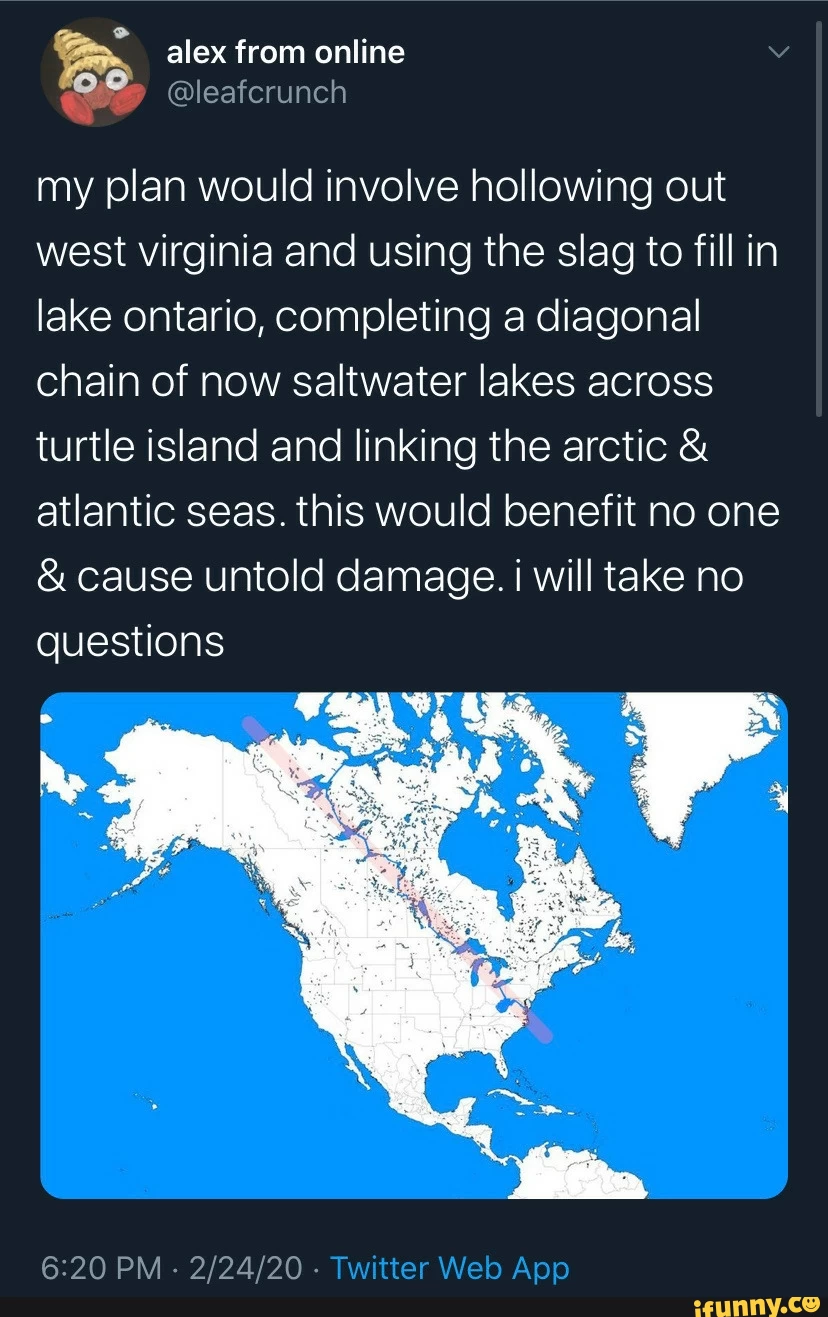

- cross-posted to:
- nyt_gift_articles@sopuli.xyz




While this would certainly help the glacier from breaking apart, the effort required would be imense and a geotechnical nightmare. Building dikes above ground is tough enough as is.
On top of that we are warming so quickly. I don’t see how this would stop the sheet from melting from air temperature/solar radiation
I’d imagine the water makes in melt a lot quicker.
Test it. On a cold day at like 4c or in your fridge. Put a large ice cube on something insulating and put a similar ice cube in a large bucket of water.
It’s why if you go through the ice into the water you should roll around in the snow. The most important thing is to be dry.
if the 500 million was spent putting up wind turbines and solar panels you’d save more gkaciers melting overall and make a profit.
I sometimes wonder if we should improve the world. Not just damage limitation but actually increasing biodiversity.
Irrigate marginal lands for forests. Or building huge offshore underwater platforms where coral can grow. Either in-between island chains, near them or just out in the ocean.
There was some work done on Iron fertilization in the ocean that seemed interesting.
Hubris. We have meddled with ecosystems with the intention of improvement for decades and have consistently made things worse.
We can’t improve the planet, we can only undo the harm we have done and let nature do what it has done long before humans.
Marginal lands that haven’t had their natural irrigation altered through human activity being made into forests through irrigation only destroys the ecology of marginal lands and has effects on surrounding areas. Even if humans altered the natural irrigation, restoring the natural irrigation just destroys the ecology that developed there and there are the problems that were solved with the irrigation alteration becoming problems again. We don’t need more forests, we need less land development and pollution.
Building platforms for coral to grow not only pushes the coral reef biome into deeper waters, which disrupts the ecology of those deeper waters and pulls reef fauna away from natural reefs, harming them. Then there is the whole reason why the natural reefs are dying; ocean acidification and higher temperatures. So temps and acidity have to be fixed or the coral dies anyways no matter where you put them and at that point the efforts should be on repopulating the reefs instead of screwing up two biomes.
Iron fertilization of plankton to induce blooms? Why in Gaia’s name would you think that is a sound idea? We are habitually as stupid as we are smart and think we can just keep screwing with shit and make things better.
Just release the grey goo.
This would be a pretty large project. Wouldn’t the greenhouse gases emitted from the construction equipment and ships add to the problem?
Yes. Same is true of all the construction involved in relocating people as sea levels rise
What a fascinating read! Thank you for sharing this article.
That’s some out of the box thinking 👍
They’re going to put a white tarp on it, right?
Maybe read the article
Was going to edit my comment after reading it, but goodness me, they never get to the point.
Sounds like you still didn’t read it
Sounds like you can’t read.
Lol
In the realm of crazy ideas, why not flood parts of the Sahara? Build a canal from the closest sea and just let it drain into there. There are also areas in Australia that were one great lakes that could also have a canal or two built to them from the ocean and flooded. Given the temperature in those places, it might make enough condensation to rejuvenate those and surrounding areas with the precipitation.

Mostly because it’s expensive and the benefits unclear. This one had a bunch of modeling work done around the proposed intervention so we can know what it’s likely to accomplish
There has been some talk about moving water around in Australia. This and others like it.